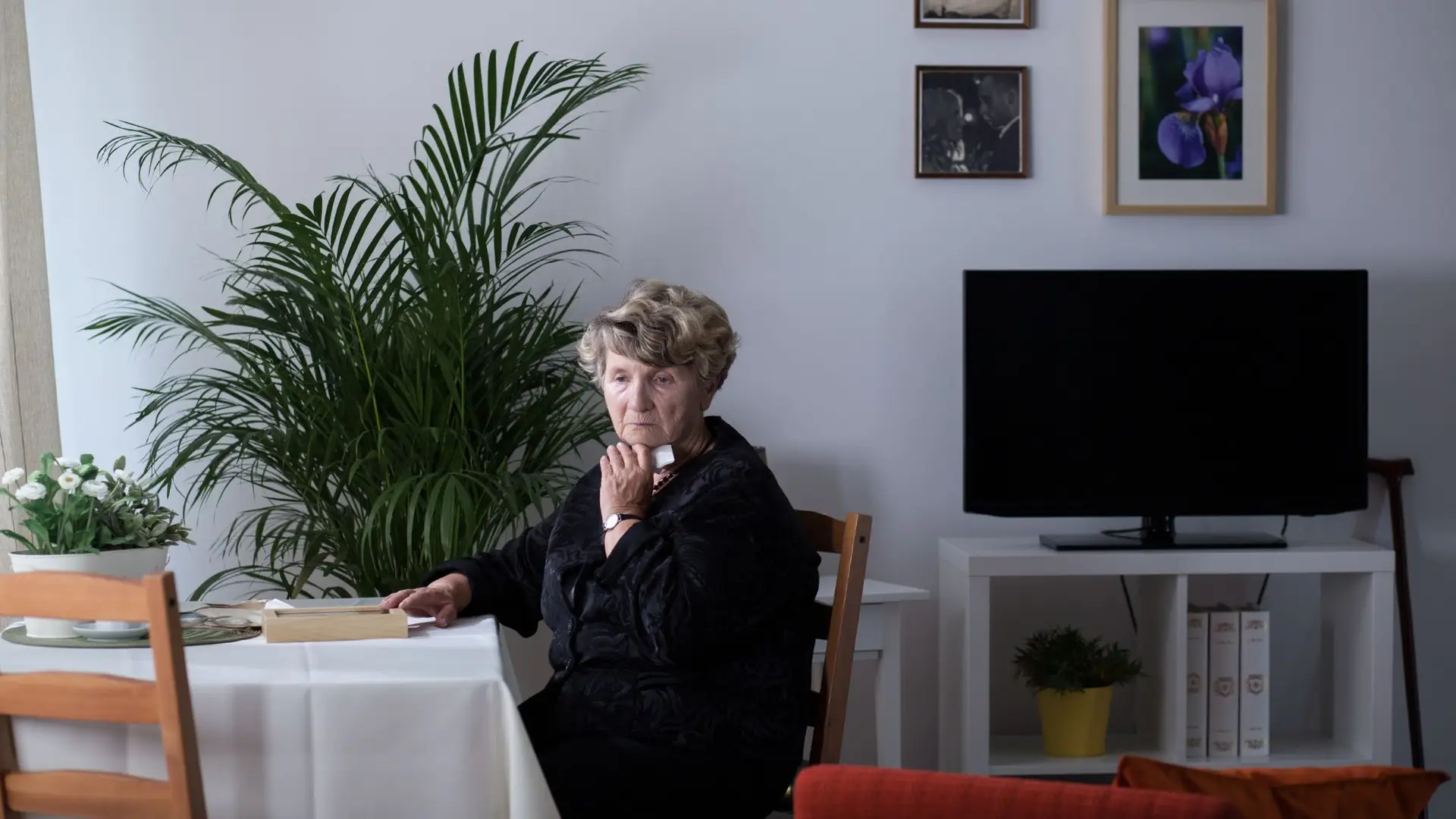
How to Cope with Chronic Pain and Bereavement
Experiencing loss or bereavement while managing chronic pain can create a deeply challenging situation. The intertwining of grief and enduring physical discomfort can amplify each other’s impact, making coping more intricate.
Emotionally, mourning a loss while dealing with chronic pain may heighten feelings of sadness, anxiety, or even guilt. The distress of the loss can intensify physical discomfort, as emotional distress often exacerbates pain perception. Similarly, managing chronic pain might become more challenging due to the emotional toll of grief, potentially triggering increased pain flare-ups or disrupting pain management routines.
Furthermore, grief may affect one’s ability to adhere to pain management strategies. The energy and focus required to navigate both grief and chronic pain simultaneously might make it harder to maintain medication schedules, attend therapy sessions, or engage in self-care activities that help alleviate pain.
The support network that’s crucial for both coping with loss and managing chronic pain becomes even more vital during such times. Strong emotional support from family, friends, or support groups can be a beacon of strength. Seeking guidance from healthcare professionals who specialize in pain management and grief counselling can provide valuable strategies to navigate these interconnected challenges.
It’s essential to allow yourself the space and time needed to grieve while also acknowledging the impact it may have on your chronic pain. Practicing self-compassion, being patient with yourself, and finding ways to integrate grief management techniques with pain management strategies can facilitate the healing process.
Remember, there’s no fixed timeline for grief, and everyone copes differently. Seeking help, leaning on your support system, and being kind to yourself are all crucial steps in navigating this complex journey. If you need someone to talk to or additional assistance, don’t hesitate to reach out for professional support. You’re not alone in this.

Grief and Chronic Pain: Finding Strength in Difficult Times
Managing grief and loss alongside chronic pain involves a multifaceted approach that combines emotional support, self-care, and professional guidance. Here are some helpful strategies and examples of support:
Therapeutic Support: Seeking counselling or therapy from professionals specializing in grief and pain management can be immensely beneficial. Therapists can offer guidance in processing emotions, developing coping mechanisms, and navigating the challenges of grief and chronic pain.
Support Groups: Engaging with support groups specifically tailored to individuals dealing with both grief and chronic pain can provide a sense of community and understanding. Sharing experiences, insights, and coping strategies with others facing similar situations can be comforting and empowering.
Mindfulness and Relaxation Techniques: Practices such as meditation, deep breathing exercises, or yoga can help manage both emotional distress and pain symptoms. These techniques promote relaxation, reduce stress, and enhance overall well-being.
Physical Therapy and Exercise: While it might be challenging, gentle physical activity or exercises tailored to accommodate chronic pain can release endorphins, alleviate stress, and improve mood. Physical therapy under professional guidance can also aid in managing pain levels.
Maintaining a Supportive Environment: Surrounding oneself with a supportive and understanding network of family and friends can make a significant difference. Having loved ones who are empathetic, patient, and willing to assist can alleviate emotional distress and provide practical help when needed.
Adapting Pain Management Strategies: Working with healthcare providers to adapt pain management strategies during periods of grief is crucial. Adjusting medication schedules, exploring alternative therapies, or incorporating relaxation techniques into pain management routines can help ease discomfort.
Journaling and Expressive Activities: Writing, painting, or engaging in any form of expressive art can serve as a therapeutic outlet for emotions. Expressing feelings creatively can aid in processing grief and managing pain by providing an avenue for self-expression.
Healthy Lifestyle Choices: Focusing on maintaining a balanced diet, adequate sleep, and a healthy lifestyle can contribute to overall well-being. A nutritious diet and proper rest can positively impact both emotional health and pain levels.
Remember, it’s essential to personalize these strategies based on individual needs and preferences. Additionally, seeking professional guidance and support when integrating these approaches into one’s routine is advisable. The goal is to create a holistic approach that addresses both the emotional impact of grief and the management of chronic pain.
The Life of Chronic Pain
Click below to view the other sections within the life of Chronic Pain
Click Here